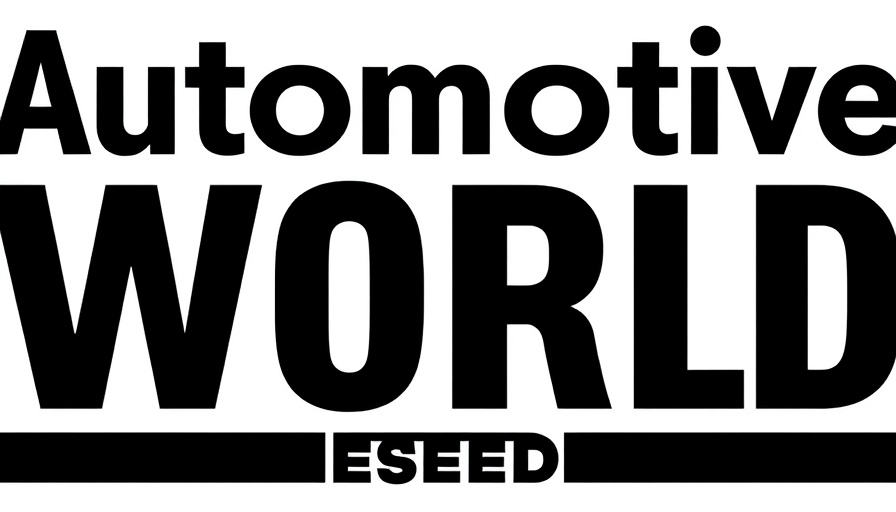
The Virtual Shift in Automotive Manufacturing
In an era where digital transformation is reshaping industries, the BMW Group is pioneering the industrialisation of its Virtual Factory. By leveraging advanced digital twin technology, the company aims to streamline production planning across over 30 production sites globally. This innovative approach significantly reduces the time required for modifications and testing, turning weeks of real-world adjustments into precise virtual simulations.
How Digital Twins Enhance Production Efficiency
The Virtual Factory’s digital twins are integral to the BMW Group iFACTORY concept. They facilitate a seamless integration of building data, logistics, and vehicle data, allowing for a comprehensive view of each production plant. The incorporation of tools such as NVIDIA Omniverse further enhances these simulations, enabling real-time optimisations in layout and logistics systems. This advancement is not merely theoretical; it has practical implications, such as the projected 30% reduction in production planning costs.
Transforming Collision Checks with Automation
One of the standout features of the Virtual Factory is its automated collision checks for new vehicle models—a task that has traditionally consumed weeks of manual labor. Now, through sophisticated software and quick simulations, collision verifications can be completed in a mere three days. This streamlined process, powered by construction data and 3D scans, showcases how technology can dramatically reduce costs while enhancing operational efficiency.
Future-Proofing Production with AI
BMW is not stopping at basic simulations; the future of their Virtual Factory includes scaling generative and agentic AI functionalities. These enhancements will enable smarter production systems capable of adapting to changing demands and optimising workflow on-the-fly. Integrating AI with human simulations will also play a crucial role in refining manual processes, ensuring that workers can easily adapt to new technologies and systems.
Practical Insights for Dealerships
For auto dealerships and sales teams, understanding the implications of BMW’s advancements can enhance operational strategies. As the manufacturing side of the auto industry becomes increasingly automated and efficient, sales professionals must adapt their training methodologies. Skills like digital literacy and the ability to navigate and explain advanced vehicle features become essential.
Automotive sales training programs must evolve, focusing not only on product knowledge but also on how technology influences consumer expectations and the sales process. Static car sales training is giving way to dynamic learning experiences that are responsive to the innovations being implemented by manufacturers like BMW.
 Add Row
Add Row  Add
Add 




Write A Comment